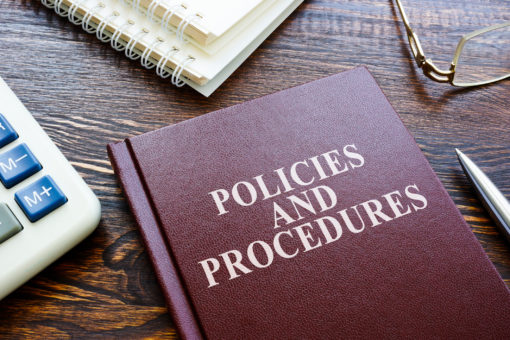State and federal prosecutions are quite different and it’s important to understand the ways in which they differ. Keep reading to learn some of the essential procedural differences and remember that whether you need a California defense attorney or federal defense attorney, Chambers Law Firm can help you. Contact us at 714-760-4088 to request a free legal consultation.
The difference in detention hearings
In state court, once a defendant is arrested they generally have the right to post bail, get out of custody, and go to their arraignment out of custody. In federal court, bail is rarely posted. Instead, the defendant goes before a magistrate and their attorney must fight to allow their release under terms of supervision.
Federal court also sometimes requires the defendant’s family or loved ones to sign a promissory note or pay bond to guarantee the defendant will appear in court. This detention hearing is important and does not involve an immediate right for the defendant to post bail and get out of custody.
In California state court you have a right to a preliminary hearing
If you are charged with a crime in California, you have a constitutional right to a preliminary hearing. At that hearing, the prosecutor is required to call witnesses to establish their case. They must provide enough evidence to establish that you committed the crime. Your attorney can be present and cross examine the witnesses. This is often an important part of the defense and can help weaken their case to the point that you could negotiate a favorable plea bargain.
Federal preliminary hearings are very rare. If you are indicted in federal court, you are not entitled to a preliminary hearing or examination. It is very rare that you will get this hearing, which is a tactical disadvantage because your attorney will not have an opportunity to question witnesses or closely examine evidence.
There are differences in the amount of control a judge has over the proceedings in state and federal court
In federal court, the judge has a lot more control of the proceedings. The federal court is more formal, there are more deadlines, and the deadlines are taken more seriously. Federal judges often like to move their docket more quickly compared to state courts. This might seem like an advantage but it can leave you at a disadvantage if they are trying to move the case so quickly that you cannot properly defend yourself.
If you are facing federal charges, we invite you to contact Chambers Law Firm at 714-760-4088 to get help from an experienced criminal defense attorney.





